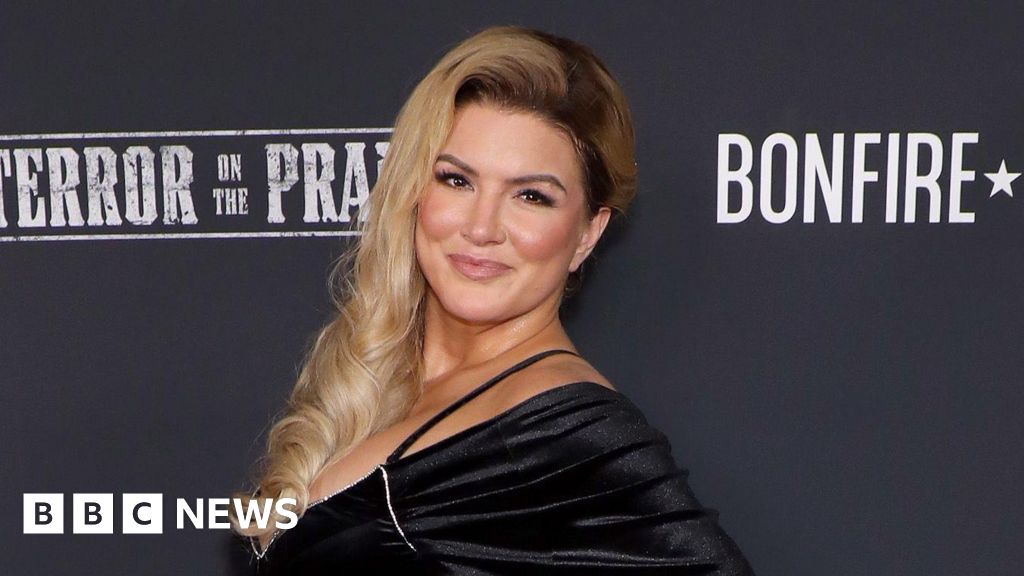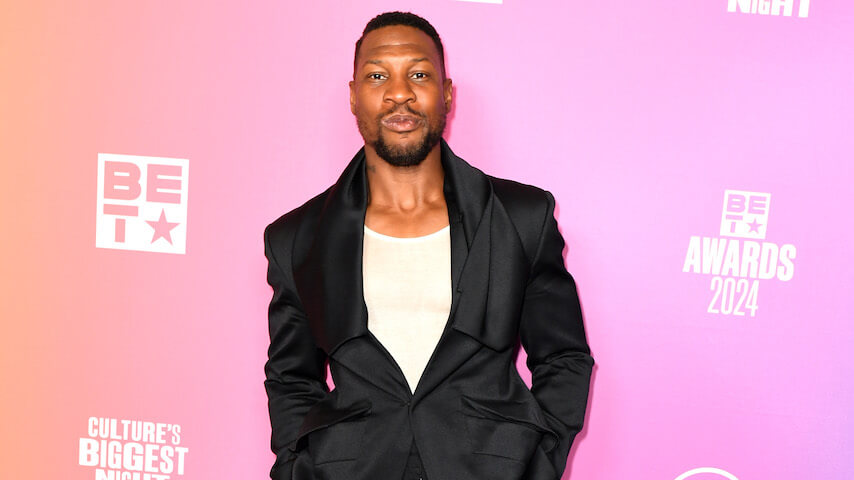Gal Gadot on Why Disney's Snow White Flopped at the Box Office

Introduction
The highly anticipated live-action adaptation of Disney's classic Snow White, starring Gal Gadot, was a major disappointment at the box office. In an interview with HuffPost, the Israeli actor shared her thoughts on why the movie failed to live up to expectations.
The Real Reason for the Flop
According to Gadot, the main reason for the movie's underwhelming performance was the timing of its release. Snow White was released during a time when there were several major blockbuster hits in theaters, making it difficult for the film to stand out. Additionally, the pandemic had an impact on the movie's release, with many theaters still closed and people hesitant to go to the movies.
Moreover, the movie received mixed reviews from critics, with some praising Gadot's performance while others criticized the lack of depth in the story. This could have also played a role in the movie's lackluster box office numbers.
What Could Have Been Done Differently
Despite the disappointment, Gadot remains proud of the work she put into the movie and believes that if it had been released at a different time, the outcome could have been much different. She also believes that the movie's message of female empowerment could have resonated more with audiences if given a fair chance.
While Gadot's performance was praised, it's clear that
About the Organizations Mentioned
Disney
The Walt Disney Company is a renowned American multinational mass media and entertainment conglomerate headquartered in Burbank, California. Founded on October 16, 1923, by Walt and Roy Disney as the **Disney Brothers Cartoon Studio**, it has evolved into a global leader in entertainment, technology, and innovation. ## History and Achievements Disney's rise to fame began with the introduction of **Mickey Mouse** in the 1928 short film *Steamboat Willie*, marking the first post-produced sound cartoon. Over the years, the company diversified into live-action films, television, and theme parks. The **Disney Renaissance** period from 1989 to 1999, led by CEO Michael Eisner, revitalized the company's animation sector. Notable acquisitions include **Pixar** (2006), **Marvel Entertainment** (2009), **Lucasfilm** (2012), and **21st Century Fox** (2019), further solidifying Disney's position as a major entertainment conglomerate. ## Current Status Today, Disney is a powerhouse in the media and entertainment industry, with a significant presence in film production, television networks, theme parks, and streaming services like **Disney+**. The company's revenue has consistently grown, with a notable increase to $91.36 billion in 2024, driven largely by its media and entertainment segment[5]. Despite leadership changes, including the reinstatement of Bob Iger as CEO in 2022, Disney continues to innovate and expand its offerings. ## Notable Aspects - **Innovation and Technology**: Disney has been at the forefront of technological advancements, integrating innovative storytelling with cutting-edge technology in its films and theme parks. - **Global Reach**: With operations spanning across the globe, Disney's brand is recognized and celebrated worldwide. - **Corporate Social Responsibility**: Disney emphasizes social responsibility through environmental protection and community engagement initiatives[1]. - **Future Projects**: Upcoming projects, such as *Moana 2* in
HuffPost
HuffPost, originally known as The Huffington Post, is an influential American progressive news website founded in May 2005 by Arianna Huffington, Jonah Peretti, Kenneth Lerer, and Andrew Breitbart. It was created to provide a liberal alternative to conservative news aggregators like the Drudge Report, emphasizing digital-first journalism with a focus on news, satire, blogs, and original content across politics, business, technology, entertainment, and culture[1][2][3]. The platform pioneered a new model of internet-native media by combining professional journalism with a vast network of unpaid bloggers, which by 2018 included around 100,000 contributors from politics, entertainment, and academia. Notable contributors have included celebrities and politicians such as John Cusack, Deepak Chopra, and John Kerry. Arianna Huffington served as the initial editor-in-chief until 2016, when she left to start a wellness venture, Thrive Global[2]. HuffPost’s impact on digital media is underscored by its 2012 Pulitzer Prize win, marking it as the first commercially run U.S. digital media enterprise to receive this prestigious award. The site has also garnered other accolades, including the National Magazine Award and Webby Awards, highlighting its editorial excellence and innovation in online journalism[1][3]. In terms of business history, HuffPost was acquired by AOL in 2011 for $315 million, which itself was bought by Verizon Communications in 2015. In 2020, BuzzFeed acquired HuffPost, leading to organizational restructuring including layoffs and the closure of HuffPost Canada[1]. As of 2025, HuffPost remains a significant digital news source headquartered in New York City, with approximately 400 employees and annual revenues around $57 million. It continues to focus on progressive reporting and community engagement, maintaining a broad international and localized presence[1][4]. Overall, HuffPost stands out for its pioneering role in transforming news consumption through digital-first strategies, blending original reporting with


















